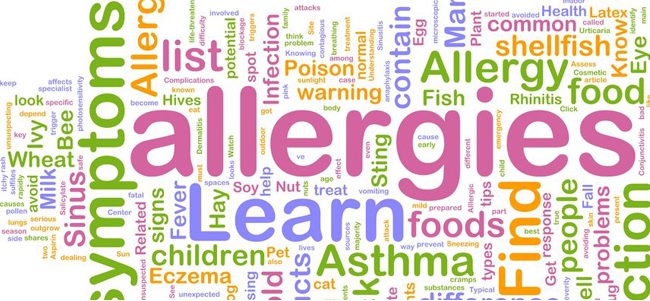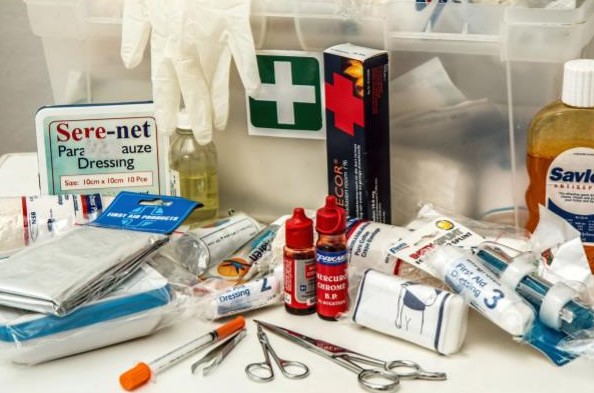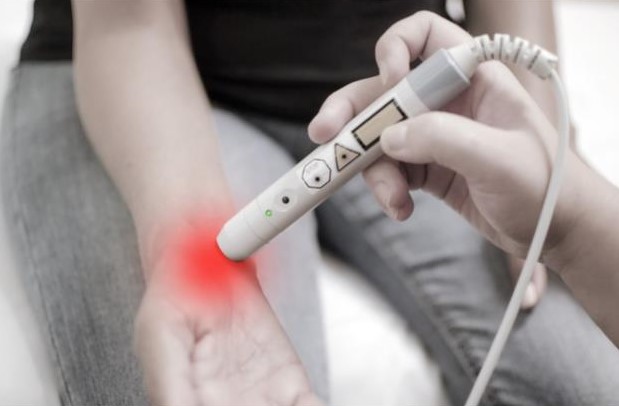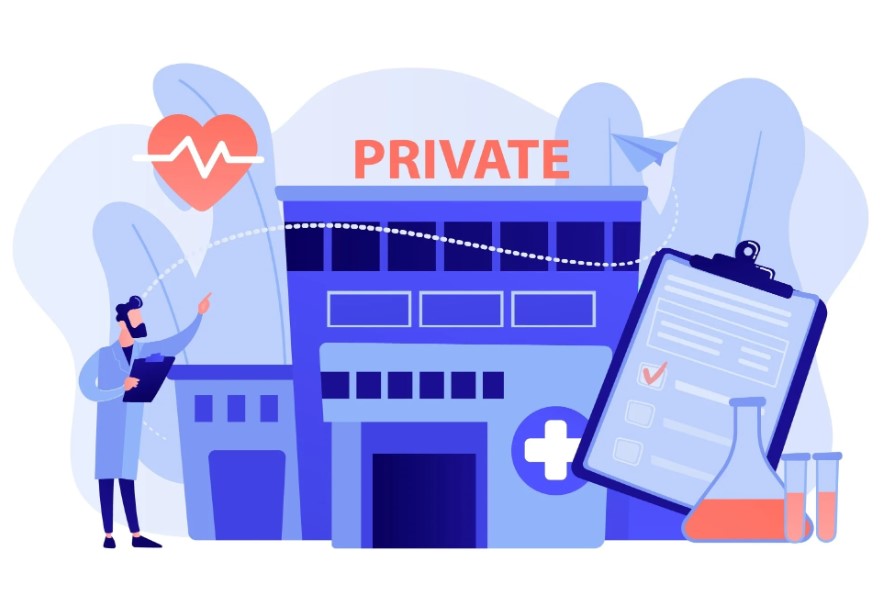31
Aug 2023
Patient Education Strategies for Allergy Management: Empowering Patients for Better Outcomes
Published in General on August 31, 2023

Within the domain of healthcare, the principle of patient empowerment stands as a foundational element in the pursuit of enhanced outcomes. This axiom holds particularly true in the context of allergy management, wherein fostering self-reliance emerges as a paramount approach to securing a sustained continuum of robust health over one's lifetime.
Allergies, spanning from those related to food, environment, or medication, possess the capacity to exert a notable influence upon an individual's overall quality of life. Nevertheless, through adept implementation of patient education strategies, individuals are poised to assert authority over their allergic predispositions, render judicious choices, and proficiently oversee their condition.
Within the confines of this blog post, we shall delve into the pivotal significance of patient education within the realm of allergy management. Additionally, we will expound upon efficacious strategies designed to endow patients with the knowledge and tools requisite for augmenting their health and fostering an enhanced sense of well-being.
The Significance of Patient Education in Allergy Management
Prior to formulating strategies geared towards allergy management, it is imperative to comprehend the pivotal importance of imparting patients with comprehensive knowledge. This information pertains to their allergies and the requisite measures for safeguarding their well-being vis-à-vis these conditions. Patient education assumes a paramount role in the domain of allergy management, substantiated by several compelling rationales:
Informed Decision-Making
Informed patients are equipped to make well-informed decisions about their treatment plans, allergen avoidance strategies, and emergency responses. This knowledge empowers them to actively participate in their care and remain self-sufficient.
Preventing Accidents
For individuals with severe allergies, such as anaphylaxis to certain foods or insect stings, proper education is crucial for preventing life-threatening accidents. For example, knowing the difference between cow's milk allergy and lactose intolerance can prevent patients from being misdiagnosed. This intent extends to knowing what medications to take for allergic reactions or what substances to avoid in life.
Quality of Life Improvement
Understanding allergies and their triggers enables patients to better navigate their daily lives. This encompasses making well-informed dietary selections, proficiently handling medications, and establishing secure surroundings. Such augmented sense of assurance notably diminishes stress, consequently fostering an improved state of emotional and psychological well-being.
Reducing Anxiety
Knowledge diminishes fear and anxiety associated with allergies. When patients understand their condition and know how to manage it, they can experience a greater sense of control and reduced stress. This in turn boosts their overall disposition, leading to more involvement in daily life and confidence to engage with new things.
Facilitating Communication
Educated patients can effectively communicate their needs and concerns to healthcare providers, resulting in more personalised and effective care plans. It also allows patients to advocate on their own behalf as needed or desired.
Effective Patient Education Strategies for Allergy Management
Once the importance of patient education is emphasised, it becomes easier for more efficient strategies to be formulated. In the case of allergy management, patient education strategies must be focused on clearly yet concisely delivering necessary information. Relaying information in a way that can be easily understood makes it accessible to all patients, which allows them to generate their own advocacy.
Clear and Simple Communication
Healthcare practitioners are advised to communicate using precise and jargon-free terminology when imparting knowledge to patients about allergies. Clinical information must be conveyed in a manner that ensures comprehension, irrespective of the patient's age or cultural context. Establishing a connection between the information and the patient's individual circumstances, beliefs, or values can significantly enhance the efficacy of information transmission.
Visual Aids
Visual aids, such as diagrams, infographics, and videos, can help patients grasp complex concepts more easily. These aids can effectively illustrate topics like how allergies develop, allergen sources, and how to use medical devices like epinephrine auto-injectors.
Interactive Workshops and Webinars
Hosting interactive workshops or webinars on allergy management can provide patients with an opportunity to ask questions, share experiences, and learn from experts and fellow patients. In-person interactions can be far more comforting for some than just reading educational sources.
Written Materials
Furnish patients with written resources such as pamphlets, brochures, or booklets encompassing crucial details regarding allergies. This material should comprehensively address triggers, symptoms, preventative approaches, and protocols for emergency situations. This provision enables patients to deliberate upon the information at their own pace and provides a reliable point of reference for their future queries.
One-on-One Counselling
Individual counselling sessions with healthcare providers can address specific patient concerns, answer questions, and develop personalised allergy management plans tailored to the patient's lifestyle and needs. The privacy afforded by these sessions can also make it easier to ask difficult questions and provide insights that patients may be uncomfortable looking into elsewhere.
Digital Resources
Develop a user-friendly website or app that offers reliable allergy information, symptom trackers, and reminders for medication usage or appointments. Having an online presence allows for a greater sense of accessibility for all.
Allergy Action Plans
Every patient with allergies should have an individualised allergy action plan. This plan outlines steps to take in case of accidental exposure or an allergic reaction, including when and how to use medications like epinephrine.
Incorporate Family and Caregivers
If the patient is a child or has caregivers, ensure they are educated about the allergy as well. This promotes a supportive environment and prepares others to respond appropriately in case of emergencies. It also allows patients to focus on self-care rather than spending their time focusing just on how their allergies may affect their lives.
Regular Follow-ups
Regular follow-up appointments with healthcare providers can reinforce allergy management strategies, address any concerns, and adapt the care plan as needed.
Conclusion
Empowerment through knowledge and providing the right tools to help individuals manage their allergies is a cornerstone of effective healthcare. By providing patient education strategies, healthcare providers can help individuals take control of their condition, make informed decisions, and ultimately lead healthier lives.





